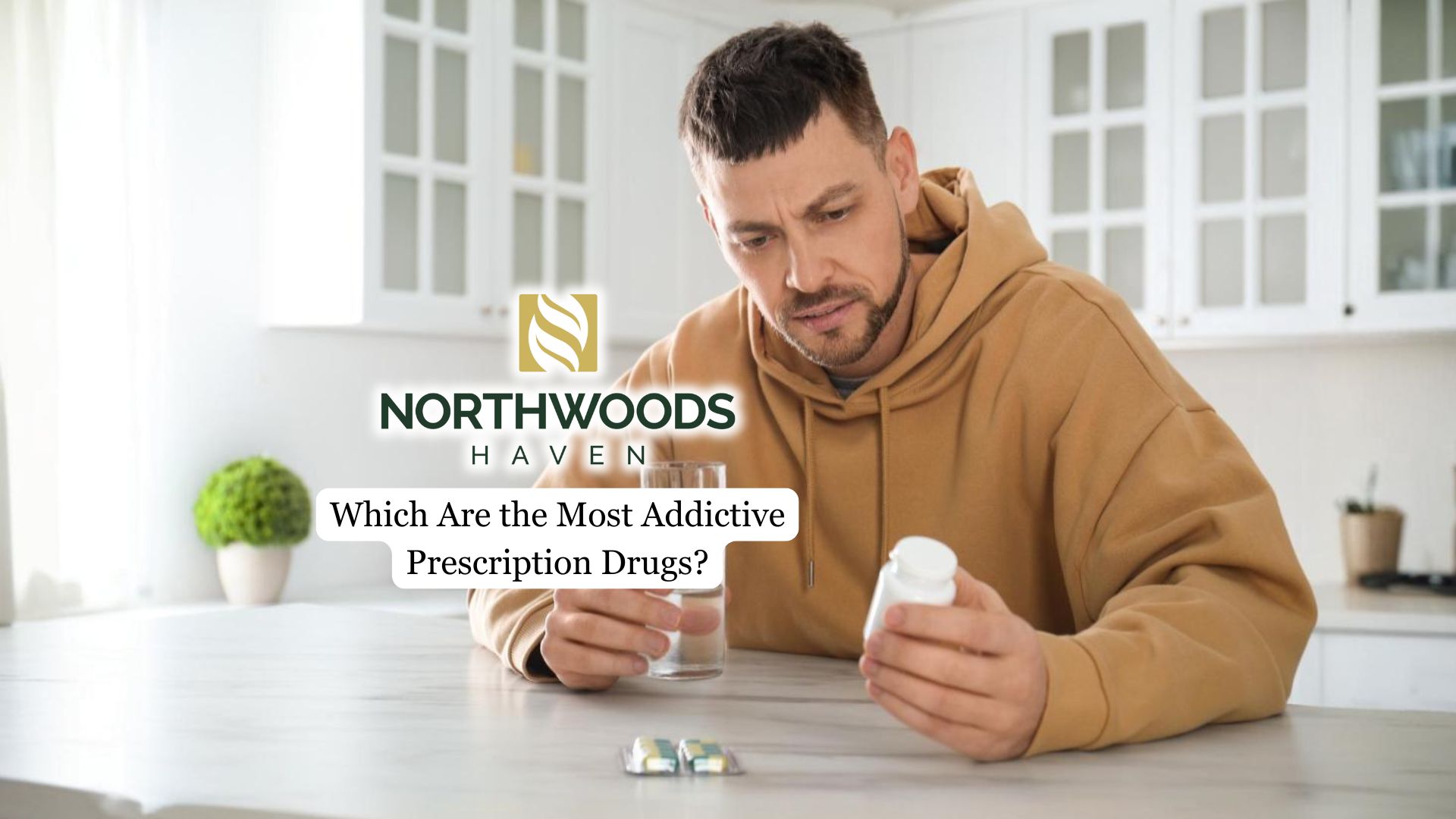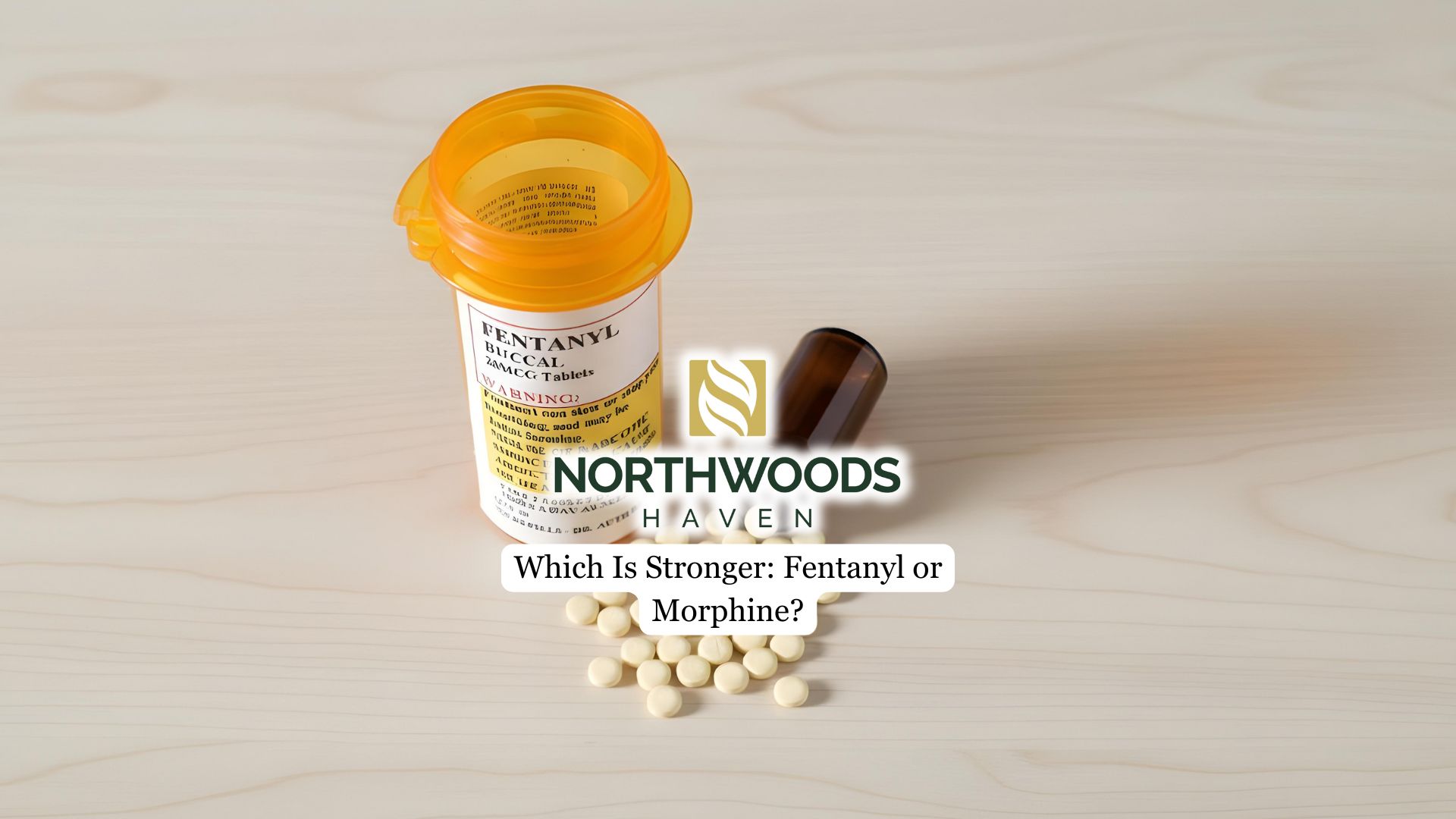Prescription drug addiction is a growing concern, affecting millions of individuals worldwide. While these medications are prescribed to manage pain, anxiety, sleep disorders, and other health conditions, their potential for addiction is significant. Many people develop a dependency even when following medical instructions.
Understanding which prescription drugs are most addictive can help individuals recognize risks and take preventive measures.
Understanding Prescription Drug Addiction
Addiction occurs when the body and mind become dependent on a substance, leading to cravings and withdrawal symptoms when the drug is not used.
Many prescription medications alter brain chemistry, making them highly addictive when misused or taken for extended periods. The risk of addiction varies based on factors such as dosage, frequency of use, and an individual’s susceptibility to substance dependence.
The Most Addictive Prescription Drugs
Opioids (Painkillers)
Opioids are prescribed for pain relief but are among the most addictive drugs due to their powerful effects on the brain’s reward system. These medications work by blocking pain signals while inducing feelings of euphoria. Over time, tolerance builds, requiring higher doses and increasing addiction risk. Without timely intervention, opioid addiction can get out of control, making comprehensive prescription pill addiction treatment essential for recovery.
Some of the most addictive opioids include oxycodone (OxyContin, Percocet), which is frequently prescribed for moderate to severe pain but widely misused.
Hydrocodone (Vicodin) is another commonly prescribed painkiller with a high potential for dependency.
Morphine, used for severe pain management, has a long history of addiction.
Fentanyl, a synthetic opioid, is significantly more potent than morphine and often leads to overdose.
Signs of opioid addiction include drowsiness, confusion, slowed breathing, and withdrawal symptoms such as nausea, muscle pain, and anxiety.
Benzodiazepines (Anti-Anxiety Medications)
Benzodiazepines, often called “benzos,” are prescribed to treat anxiety, panic disorders, and insomnia. They enhance the effects of gamma-aminobutyric acid (GABA), a neurotransmitter that reduces brain activity, producing a calming effect. However, they also create dependence, leading to severe withdrawal symptoms. Due to their impact on the central nervous system, quitting benzodiazepines without professional assistance can be dangerous.
Highly addictive benzodiazepines include Xanax (Alprazolam), which is widely prescribed for anxiety but known for its rapid onset and high addiction potential.
Valium (Diazepam) is used for anxiety and muscle spasms but leads to dependence over time.
Ativan (Lorazepam) is frequently prescribed for panic disorders and sleep disturbances, while
Klonopin (Clonazepam) treats seizures and anxiety but has a long half-life, increasing dependence risks.
Individuals addicted to benzodiazepines may experience dizziness, memory issues, mood changes, and severe withdrawal symptoms such as seizures and hallucinations.
A structured benzo addiction treatment program provides the necessary medical oversight and therapeutic strategies to manage withdrawal safely and address the underlying causes of addiction.
Stimulants (ADHD and Cognitive Enhancers)
Stimulants are commonly prescribed for attention-deficit hyperactivity disorder (ADHD) and narcolepsy. They increase dopamine and norepinephrine levels in the brain, improving focus and alertness. However, they are frequently misused for performance enhancement, weight loss, or recreational purposes, leading to addiction. Long-term stimulant abuse can result in severe mental and physical health complications, reinforcing the importance of a comprehensive treatment approach.
Some of the most addictive stimulants include Adderall (Amphetamine-Dextroamphetamine), which is used to treat ADHD but often abused for its energy-boosting effects.
Ritalin (Methylphenidate) is another ADHD medication with a high potential for misuse, especially among students.
Concerta (Extended-Release Methylphenidate) works similarly to Ritalin but is designed for extended release, increasing the risk of prolonged dependency.
Stimulant addiction can cause increased heart rate, paranoia, aggression, and long-term cardiovascular issues.
Sleep Medications (Sedatives and Hypnotics)
Sleep medications, also known as sedative-hypnotics, are prescribed for insomnia and sleep disorders. They work by slowing brain activity, allowing individuals to fall asleep more easily. However, prolonged use can lead to dependence, with withdrawal symptoms such as rebound insomnia, anxiety, and agitation. Many individuals develop a reliance on these medications, making it challenging to stop without proper medical guidance and a structured treatment plan.
Common addictive sleep medications include Ambien (Zolpidem), which is frequently prescribed for short-term insomnia treatment but can cause dependency.
Lunesta (Eszopiclone) is effective for sleep initiation but leads to withdrawal symptoms when discontinued.
Sonata (Zaleplon) is a short-acting sedative misused for its relaxing effects.
Dependency on sleep medications can result in cognitive impairments, mood swings, and an inability to sleep without the drug.
Warning Signs of Prescription Drug Addiction
- Increased tolerance, requiring higher doses for the same effect.
- Using medication outside prescribed guidelines.
- Changes in mood, behavior, or social withdrawal.
- Experiencing withdrawal symptoms when attempting to stop.
- Seeking multiple prescriptions from different doctors (doctor shopping).

Seeking Help for Prescription Drug Addiction
Overcoming prescription drug addiction requires professional intervention, as withdrawal symptoms can be severe and, in some cases, life-threatening. A structured recovery plan is essential for managing withdrawal safely while addressing the underlying causes of addiction through evidence-based treatment approaches.
Medically supervised detox provides a controlled environment to minimize withdrawal risks, while counseling and behavioral therapies help individuals develop healthier coping mechanisms. Professional treatment programs offer the guidance and structure needed for recovery, empowering individuals to regain control of their lives.
Final Thoughts from Northwoods Haven Recovery
Opioids, benzodiazepines, stimulants, and sleep medications can lead to dependence, making it crucial to recognize the warning signs of addiction and take proactive steps toward recovery.
Professional treatment provides the structure and support needed to overcome addiction safely. At Northwoods Haven, we offer a secure and compassionate environment where individuals receive evidence-based care tailored to their unique needs. Our intensive outpatient program helps clients not only achieve sobriety but also develop the tools necessary for long-term wellness and personal growth.



